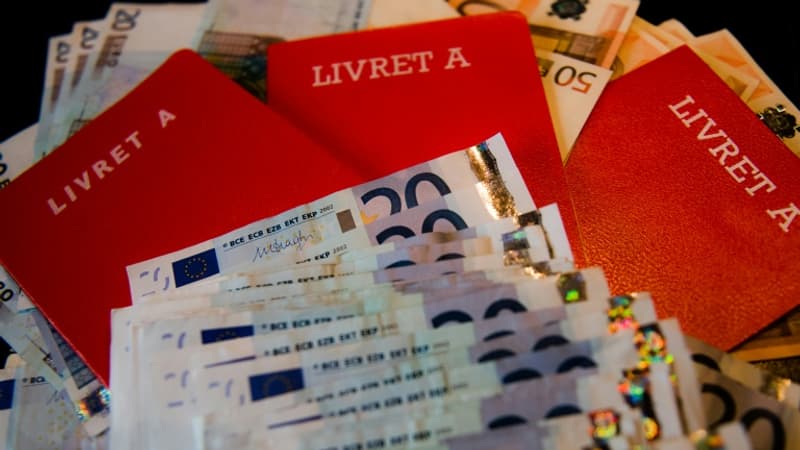The Council of State rejected, on Monday, February 19, the appeal of Law professor Paul Cassia, who requested the annulment of the freezing of the Livret A rate at 3%, according to a decision made known to AFP.
Paul Cassia, from the Panthéon-Sorbonne University, had submitted several requests to the highest French administrative court since July 13, 2023, in reaction to the announcement on the same day by the Minister of Economy, Bruno Le Maire, of a maintenance of the rate Livret A. at 3%, between August 2023 and January 2025.
The remuneration rate of the approximately 56 million Livrets A, like that of the 24.8 million Livrets de développement durable et solidaire (LDDS), was normally reviewed every six months by the Banque de France before being approved by Bercy.
It results from a calculation that takes into account half of the inflation of the last six months and the other half of the exchange rate between the banks.
A rate that could rise to 3.9% today
This operation gives 4.1% for the period from August 2023 to January 2024, 3.9% for the period between February 2024 and July 2024 and above 3% is still expected for the last third of the trip, between August 2024 and January 2025 (the increase will be known in mid-July).
Far from the “good news” for the French announced by Bruno Le Maire, this 3% freeze is very unfavorable for them, with more than 6 billion euros less remuneration since a first rounding down at the beginning of 2023.
Freeze favorable to banks
The Council of State confirmed the minister’s competence to make such a decision and validated the argument of “exceptional circumstances”, put forward by the Bank of France, that justify it.
The main argument for freezing the rate is the defense of the finances of social housing actors, who borrow from the Caisse des Dépôts (CDC) at the Livret A rate. The latter, however, deal with a complacent lender and manage their debts in the long term, with the standard duration of the loans being 40 years, a horizon necessarily composed of decreases and increases in rates.
Freezing the rate also favors banks, which pay part of the interest, and limits the damage to insurers, who are struggling to align the remuneration of their funds in euros with that of regulated savings.
Source: BFM TV


